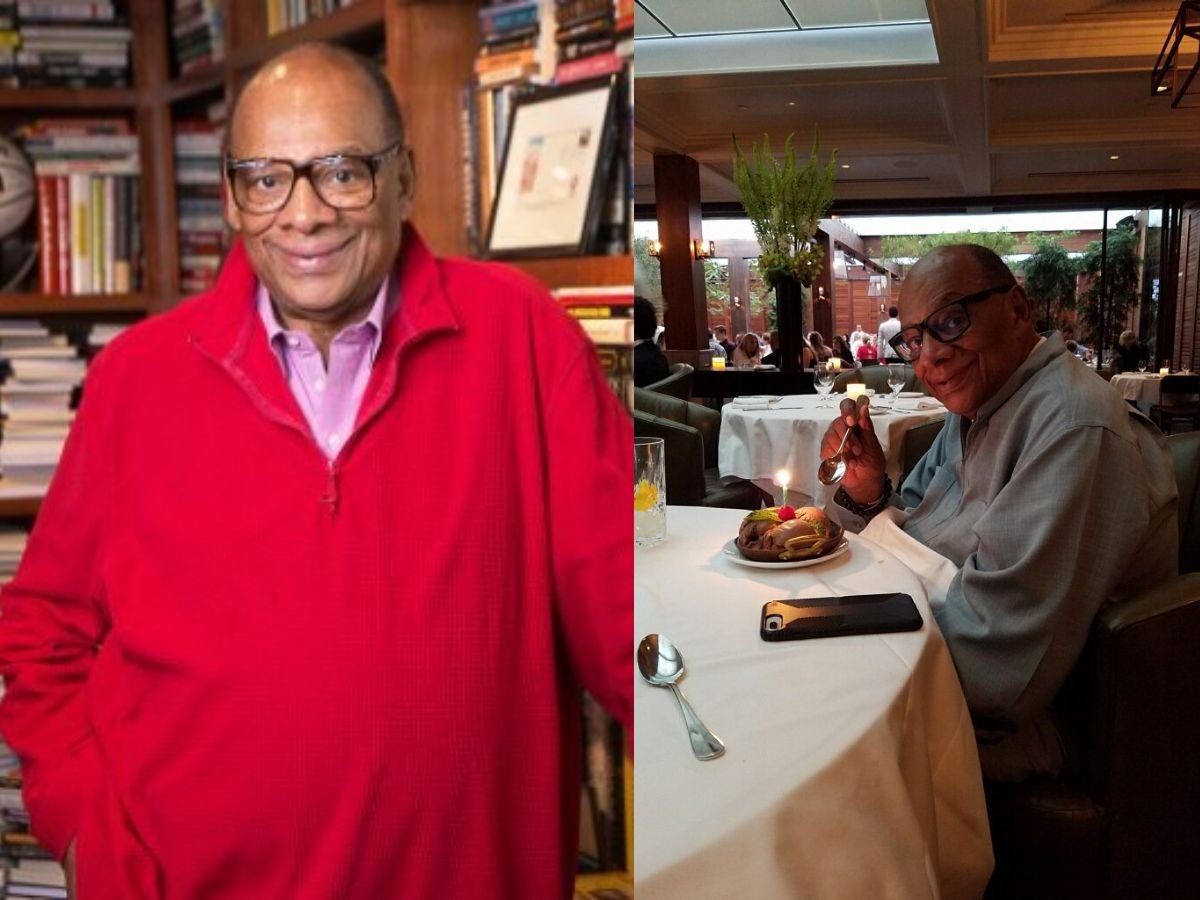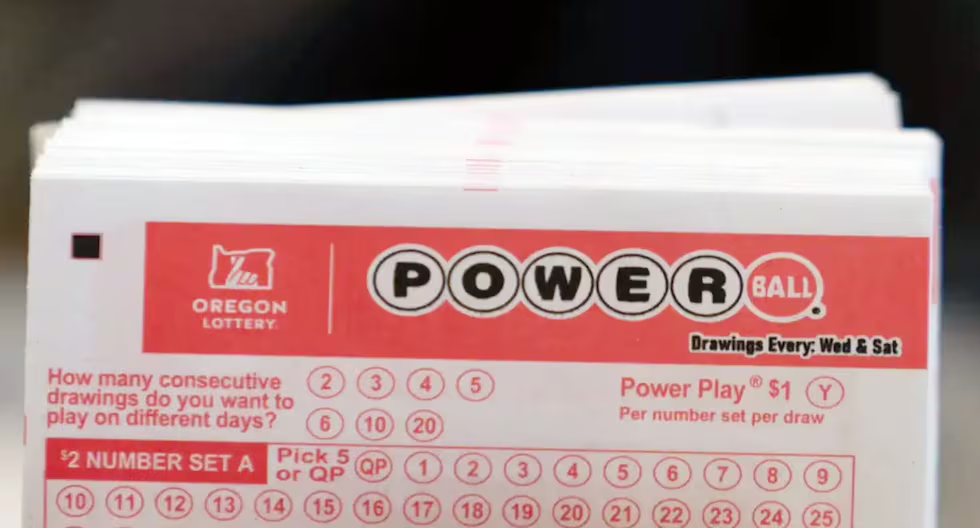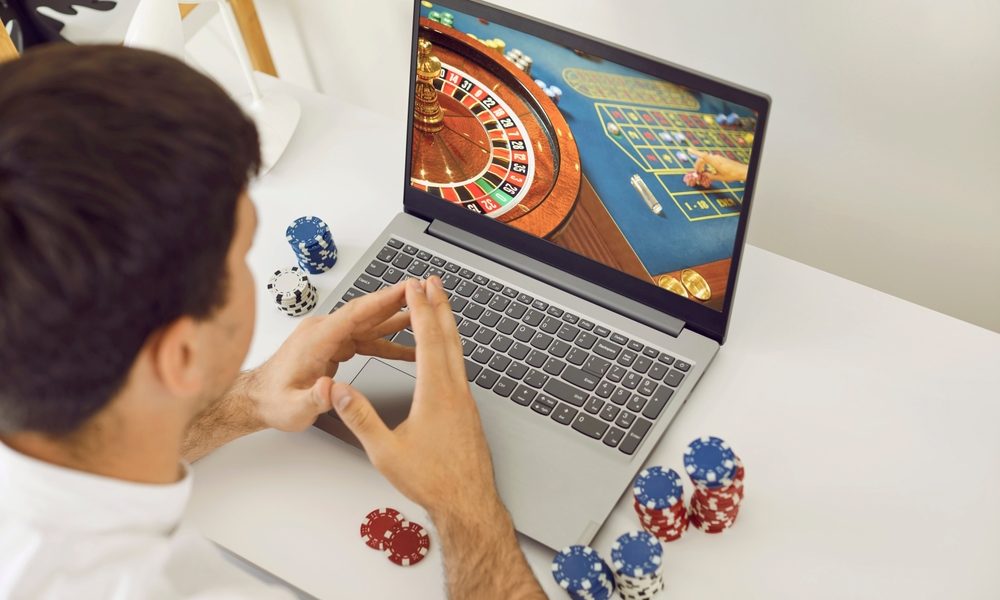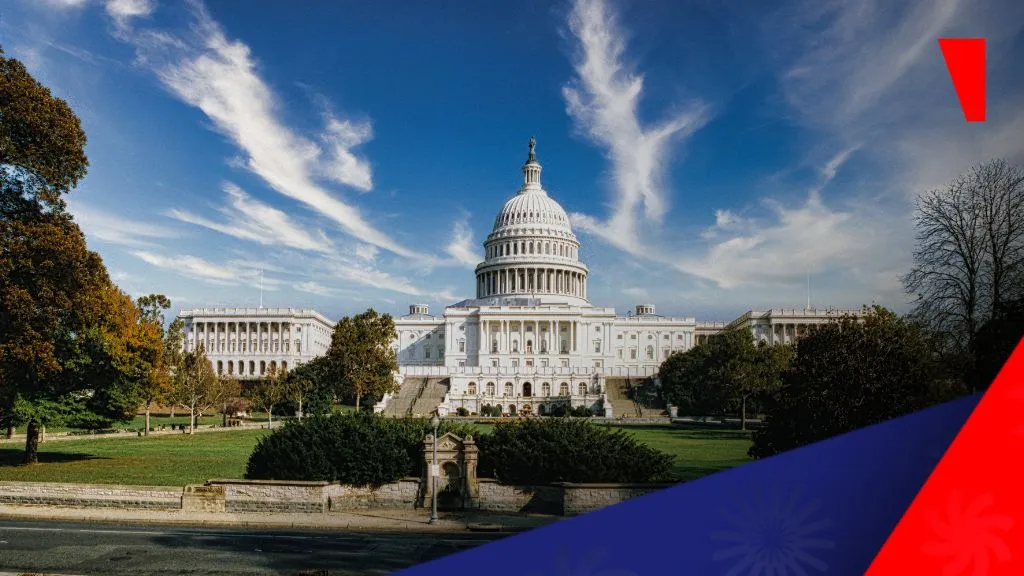George Raveling, a trailblazing coach, Hall of Famer, and Nike executive who convinced Michael Jordan to join the brand, has died at the age of 88. His family confirmed the news on Tuesday, saying he passed away peacefully after a battle with cancer. Raveling leaves behind a legacy that stretches across college basketball, global sports marketing, and even civil rights history. From breaking barriers as the first Black head coach in the Pacific-8 Conference to shaping one of the most iconic endorsements in sports, his story is one of influence, leadership, and lasting impact.
George Raveling’s Early life and playing days
Born in 1937, Raveling played basketball at Villanova from 1957 to 1960. Just a few years later, he returned as an assistant coach, beginning a journey that would change college basketball and beyond.
Also Read: Bill Belichick at UNC: How much is he making and how old is his girlfriend Jordon Hudson?
George Raveling’s Coaching career highlights
Raveling broke barriers when he became head coach at Washington State in 1972, making history as the conference’s first Black head coach. Over 11 seasons, he guided the Cougars to two NCAA Tournament runs before moving on to Iowa and then USC.
He earned Pac-10 Coach of the Year three times and was named NABC Coach of the Year. He also served as an assistant coach for Team USA’s 1984 Olympic squad, which won gold in Los Angeles.
George Raveling: Recognition and Hall of Fame honors
For his impact on the game, Raveling was inducted into the College Basketball Hall of Fame in 2013 and the Naismith Memorial Basketball Hall of Fame in 2015. His career opened doors for future generations of coaches.
George Raveling’s Role at Nike and Michael Jordan connection
After retiring from coaching in 1994, Raveling joined Nike as global basketball sports marketing director. There, he played a pivotal role in the brand’s pursuit of Michael Jordan.
Jordan later revealed in 2015 that Raveling was the one who consistently pushed him toward Nike. “Sonny (Vaccaro) likes to take the credit. But it really wasn’t Sonny, it was actually George Raveling,” Jordan said.
George Raveling had orignal ‘I have a dream speech’
George Raveling also carried a remarkable piece of history outside basketball. While volunteering as a security guard during Martin Luther King Jr.’s March on Washington in 1963, he was handed the original typewritten copy of the “I Have a Dream” speech. Though collectors later offered him millions, Raveling refused to sell it and instead donated the priceless document to his alma mater. Today, it is preserved at the National Museum of African American History and Culture in Washington, D.C., symbolizing his deep connection to both sport and civil rights history.
Raveling’s family described him as a man whose “aura, energy, divine presence, and timeless wisdom live on in all those he touched and transformed.” His passing leaves a void in basketball, business, and civil rights history — but his story continues to inspire.








